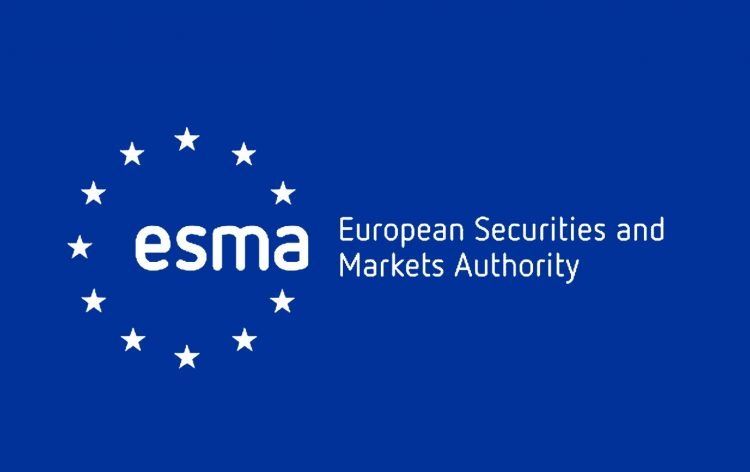How to obtain the status of Professional Trader under new ESMA Regulations

New regulations and restrictions have recently been issued by ESMA. The European Securities and Markets Authority has deliberated and come up with legislation concerning Forex, CFD trading and binary options and the resulting changes will be significant for Forex trading within the European Union. This has been expected for some time now and everyone in the industry, from those only now beginning to learn about CFD trading at City Index to veteran traders at Barclays PLC, have all been anxious to know how the ESMA decisions will affect their activities.
The main goal of these measures it to uniform regulations throughout Europe, as well as to provide the retail clients who trade with leverage products with more protection. More transparency is also required from traders, in order to guarantee their clients a more informative decision.
It seems that traders with a more “aggressive” plan of action (i.e. using bonuses and increasing their leverage) will be penalized by the new ESMA regulations.
In fact, a big part of the changes related to the new regulations have to do with leverages. The new ESMA regulations have revised the limits on various options and set a maximum limit to 30:1 for the major currency pairs.
The detailed new limits are as follow:
- 30:1 for major currency pairs;
- 20:1 for non-major currency pairs, gold, and major indices;
- 10:1 for commodities other than gold and non-major equity indices;
- 5:1 for individual equities and other reference values;
- 2:1 for cryptocurrencies.
As for binary options, they are literally banned. Yes, the situation is that straightforward: they will not be sold anymore.
Will this affect you? No, if you are a professional trader.
In fact, the ESMA changes in leverages do not apply to those considered professional traders, who will also be the only ones to be able to trade binary options within the EU.
In order to qualify for the status of a professional trader or to confirm your current status as one, there is a procedure in place and it will be necessary to fulfill specific criteria:
- The candidate’s trading volume is of at least 10 deals (each worth at least €150) per quarter, and for the last four quarters
- The candidate’s financial portfolio, all included, exceeds €500,000
- The candidate needs to have at least a year of relevant experience in the financial field
If you meet at least two of the three above-mentioned criteria, you can apply for the status of a professional trader and your request will be reviewed. It will be highlighted to you, though, that as a professional trader you might lose some of the protection resulting from the new ESMA regulation.
As it is often the case when new regulations are rolled out, there have been different reactions, from those who welcomed them happily to those who dread their coming into force. Some are hopeful, and it has been pointed out that Forex trading in Japan has undergone similar restrictions in leverages but is nonetheless still working successfully. Others are more skeptical and are worried that there will be a decrease of profitability as far as European accounts are concerned.
Do you think the new ESMA regulation is a positive move for Forex trading in the European Union or are you concerned it might have negative consequences?
We deem both scenarios possible and feel that professional traders will play an important role in one or the other.


























Comments (0 comment(s))